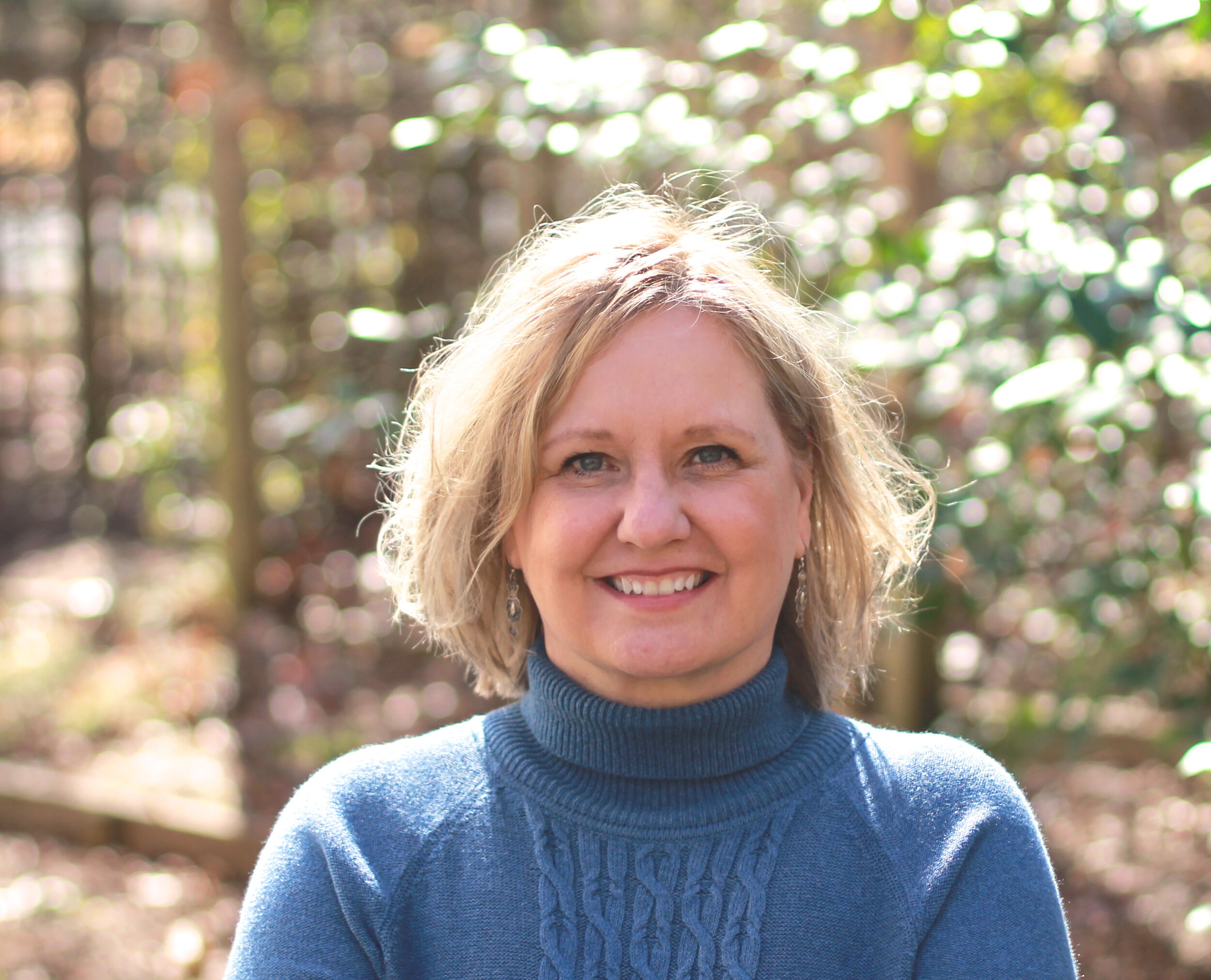Episode 104: The FOURC Model: Building Collaborative Goals in Aphasia Therapy with Katarina Haley PhD, CCC-SLP
This episode introduces participants to the FOURC model. FOURC was created for clinical implementation. The research studies completed on FOURC involved established outpatient clinics to assess the viability and impact it would have in the real world setting. The research behind the model is explained, along with key features and the implementation of the model in clinical practice.
topics covered:
The relationship of FOURC within the LPAA model.
Describe the utility of implementing FOURC in clinical practice and how it aims to shape therapy outcomes.
What is FOURC? Why do we need it? Who is FOURC for?
The 4 sequential steps of FOURC: (1) choose a communication goal, (2) create client solutions, (3) collaborate on a plan, and (4) complete and continue.
How to implement FOURC within medical model time limitations.
Discussion of the 4 synchronized intervention prongs: skills and abilities, intentional strategies, environmental supports, and confidence & motivation.
This podcast is accompanied by an audio course offered for ASHA CEU credit by SpeechTherapyPD.com
Resources mentioned in the episode
The Life Interests and Values Cards
Aphasia Goals on the CARD website
The FOURC model in summary
Collaborative Goals for Communicative Life Participation in Aphasia: The FOURC Model (a terrific article with case study applications. Free access with your ASHA membership - make sure you login to access the article.)
FOURC literature
Haley KL, de Riesthal M, Barry J, & Cunningham K. (2019). Setting goals for communicative life participation in aphasia. American Journal of Speech-Language Pathology, 28 (1), 1-13.
Cunningham K & Haley KL. (2018, November). Take back the wheel: a case study on integrated intervention for severe aphasia. Poster presented at: American Speech-Language Hearing Association Annual Convention. Boston, MA.
Haley KL, Benitez C, Dwyer T, & Cunningham K. (2018, May). Aphasia intervention goals used by practicing speech-language pathologists. Paper presented at: Clinical Aphasiology Conference. Austin, TX.
Haley KL, & Cunningham K. (2017, November). Aphasia Therapy by the Bootstraps: Harnessing Client-Driven Goals for Functional Intervention. Seminar presented at: American Speech-Language Hearing Association Annual Convention. Los Angeles, CA.
Haley KL, Richardson J, & Jacks A. (2017, March). Preparing for clinical excellence: A practical framework to guide the journey. Poster presented at: Aphasia Access Leadership Summit. Orlando, FL.
Haley KL, Richardson J, Jacks A, & de Riesthal M. (2015, November). Setting goals for communicative life participation in aphasia. Seminar presented at: American Speech-Language Hearing Association Annual Convention. Denver, CO.
Katarina L. Haley, PhD, CCC-SLP, is a Speech-Language Pathologist and Professor at the University of North Carolina at Chapel Hill. She grew up in Sweden, in the small northern town know as Skelleftea. Following graduation from the Karolinska Institute in Stockholm, Katarina worked as a certified speech-language pathologist, or “logoped,” in Sweden until 1990. She completed doctoral training at Vanderbilt University. In the fall of 1996, she joined the faculty in the UNC-CH Division of Speech and Hearing Sciences in Chapel Hill, North Carolina. Dr. Haley has specialized in the area of acquired neurological communication disorders for more than 25 years. Her research program pursues the dual paths of data-driven clinical decision-making and client-centered practice. Dr. Haley runs an active research laboratory at the University of North Carolina at Chapel Hill. She teaches courses at undergraduate, masters, and doctoral levels.
REVIEW the podcast
You’ll earn my undying gratitude by leaving a review on Apple Podcasts! Reviews help other SLPs find the podcast. Also, I love reading your feedback! Just click here to review, select “Ratings and Reviews” and “Write a Review,” and let me know your favorite part of the podcast. Malaho plenty!












